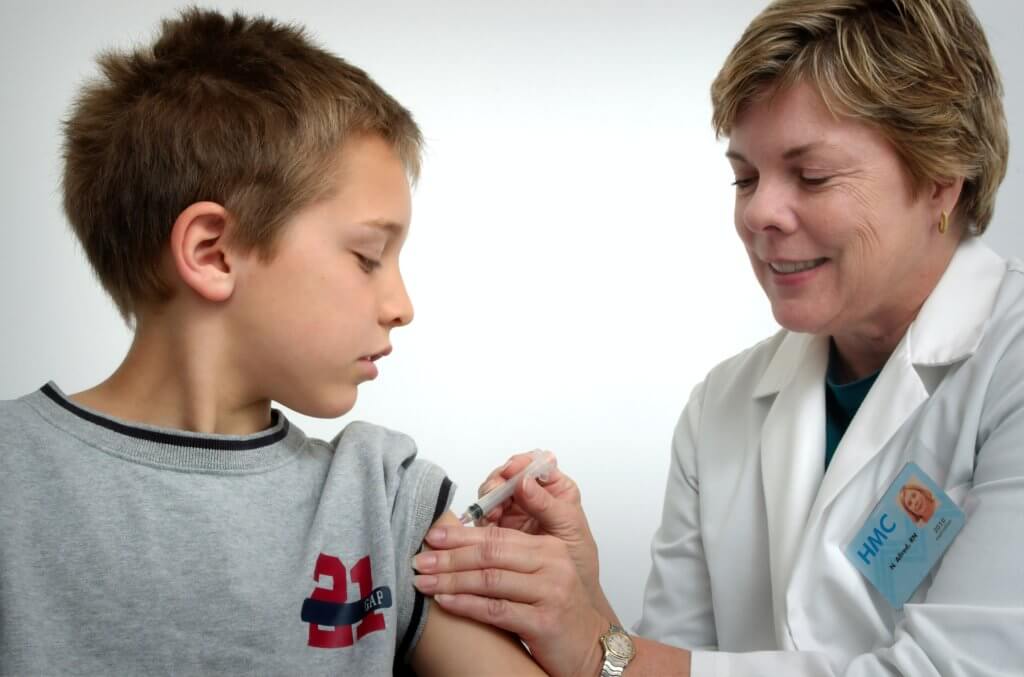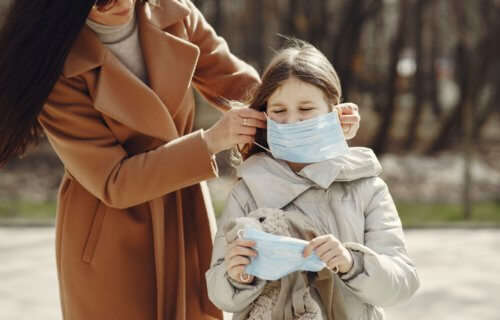SALT LAKE CITY — At least one in four parents have misled other people about their children’s COVID status, according to a new study. Researchers from University of Utah Health find that over 25 percent of moms and dads admit to being less than truthful about their kids’ health during the pandemic or that they didn’t properly follow safety guidelines for preventing infections.
One of the most common reasons parents give is the inability to stay home from work to care for their sick children. Another is wanting to make decisions about their child’s health without interference from outside authorities.
Moreover, other parents lied about their child’s age so they could get the COVID vaccine. Researchers believe the actual proportion of parents who lied about something during COVID may be even higher. Doctors say the survey of raises concerns that the reluctance of parents and caregivers to disclose that their children had COVID-19 could have contributed to the spread of the virus and increased the number of deaths.
“The pandemic created tremendous stress for all of us, particularly parents,” says co-first author Andrea Gurmankin Levy, Ph.D., a professor of social sciences at Middlesex Community College, in a media release.
“Like everyone else, parents worried about getting sick with COVID-19 or about losing their job, but parents also had to manage juggling job responsibilities while their children were home in quarantine,” Levy continues.
“And it’s quite possible that some parents misrepresented their child’s COVID-19 status or didn’t adhere to testing or quarantine rules in an attempt to ease some of this burden.”
Overall, roughly 26 percent of parents in the poll say they misrepresented a child’s COVID status in some way. Of those, approximately, six in 10 admit to deceiving others in regard to their child’s vaccination status so they could participate in an activity requiring proof of vaccination.

Among parents admitting they misled others about their child having COVID or not following public health recommendations, more than half say they did so because they wanted the freedom to do what they thought was in the best interest of their family. Nearly 43 percent didn’t tell others that their children had COVID because they didn’t want them to miss school. Over one in three (35%) didn’t disclose that their child had the virus because, in part, they could not afford to miss work while their youngster was home sick.
“Based on our study, it appears that many parents were concerned about their children missing school, and as a parent of three school-aged kids, I can understand that,” says Angela Fagerlin, Ph.D., senior author of the study and chair of the Department of Population Health Sciences at U of U Health. “Yet, at the same time, they’re potentially exposing other kids to a serious illness. So, it’s tricky because what you might think is best for your child might not be best for other children in the classroom.”
Not every lie was told to cover up an inconvenient case of COVID. During the period when young children did not qualify for a COVID vaccination, some parents admit to telling health care workers that their child was older in order to get the shot.
“Parents might have thought that fibbing about their child’s age was a good thing because it would help them stay healthy and safe from the virus and potentially protect others around them,” Fagerlin adds. “But there was a cut-off age for a reason. The vaccine hadn’t been tested in younger aged children and it wasn’t clear that it would be safe or effective for them.”
Aside from fibbing during the pandemic, researchers also suspect that some participants are still fudging some of their survey answers.
“Lying about lying is certainly a possibility,” Fagerlin explains. “If anything, 26% is probably the minimum number of parents who misrepresented their children’s COVID-19 status during the pandemic.”
Study authors say health officials need to develop policies and technologies that don’t depend on the honor system or jeopardize privacy to protect public health.
“We need to do a better job of providing support mechanisms like paid sick leave for family illness so that parents don’t feel like their only option is to engage in misrepresentation or non-adherence to public health guidelines during a future infectious disease outbreak that matches or exceeds the magnitude of COVID-19,” Levy concludes.
The study, published in JAMA Network Open, also involved researchers at University College London (UCL).
South West News Service writer Stephen Beech contributed to this report.

